KBS Sees Clear Skies for Dallas Office Market
Senior Vice President Brett Merz discusses demand across the company’s portfolio and his reasons for market optimism.
Pandemic notwithstanding, Dallas remained an attractive destination for companies leaving overpriced coastal markets, and that is showing.
“Leasing velocity is accelerating as tenants of all sizes re-enter the market, and the amount of sublease space remains stable for the third consecutive quarter,” KBS Senior Vice President Brett Merz told Commercial Property Executive.
KBS owns and operates nine properties with more than 3 million square feet of rentable space across the Dallas-Fort Worth area. According to Merz, his company has experienced strong leasing activity across its Metroplex portfolio even during the health crisis. Here’s why Merz is optimistic about the office sector’s performance.
READ ALSO: Dallas-Fort Worth Market Update—Investments Continue to Soar
How has the Dallas office market performed in the first half of 2021?
Merz: The Dallas office market has performed very well during the first half of 2021. According to Transwestern, at the end of the second quarter, this market continued to lead the nation in returning to the office.
From KBS’ perspective, we’re seeing a trend of rising headcount in our buildings in Dallas and throughout Texas. Currently our headcount in Texas ranges from a low of 33 percent to a high of 95 percent. The average headcount is north of 50 percent. Despite concerns regarding the Delta variant, many office owners have not yet changed their return to office plans.
At our properties throughout Texas and across our portfolio, we have placed a significant emphasis on partnering with tenants to create a seamless transition back to the office and to ensure the safety of tenants and their employees. These steps included ensuring increased sanitization of common areas during the day and following new safety protocols, as well as upgrading building technology when possible.
How does Dallas compare to other Texas metros?
Merz: Similar to other Texas metros, Dallas’ culture is very business friendly, which has attracted numerous companies from other markets. Dallas also led the country in population growth in 2020, adding 120,000 residents.
In addition, Dallas has a diverse mix of economic drivers, including the energy, manufacturing and technology sectors, just to name a few. KBS believes strongly in diversification as a mitigation strategy against the negative impacts of an economic shutdown affecting specific industries.
To what extent has the pandemic impacted office renovations across your portfolio?
Merz: The pandemic has provided us with the opportunity to complete office renovations without inconveniencing tenants. We were able to complete numerous renovations and upgrades to common areas at Preston Commons, 3811 Turtle Creek, Legacy Town Center, Providence Towers and Highland Park Place during this time.
We also implemented our innovative spec suite program at several Dallas properties, which offers a turnkey solution to tenants who need office space immediately. Our ability to provide these improvements has contributed to strong leasing activity at the Dallas assets we manage, even during the pandemic.
As more and more companies choose Texas, how do you think Dallas will handle this influx of interest?
Merz: Dallas has a history of adapting well to change and we see the market as well positioned to handle growth. Companies have been opting to relocate to Texas markets—including San Antonio, Austin, Houston and Dallas, where many of our properties are located—for some time now, so this influx comes as no surprise. … We anticipate that we will continue to see major growth in these areas over the coming years.
Which submarkets are in high demand right now and which could be considered up-and-coming areas?
Merz: Some of the Dallas submarkets that are demonstrating strong leasing activity right now include Plano/Legacy and Preston Center. Over the past few months, KBS has completed approximately 30 deals.
As for new construction, Uptown/Turtle Creek, Upper Tollway/West Plano, DFW Freeport/Coppell, Upper Tollway/Frisco, Preston Center, the CBD, Allen/McKinney and Deep Ellum/East Dallas are among the top submarkets for new Class A office construction.
Have Dallas tenants requested more flexibility regarding the amount of space they occupy and the duration of their leases?
Merz: While we have received some requests for flexibility, which we have done our best to accommodate, the number of requests has been minimal. Overall, the biggest changes from tenants have been regarding furniture and reconfiguring furniture layouts to adjust for social distancing. We have not received significant requests from tenants to decrease their footprints or for shorter lease terms. In fact, longer lease terms appear to be ramping up.
How do you think the recent surge in the Delta variant will influence office occupiers’ decision to call back employees?
Merz: Other countries like the U.K. and India have shown that while the Delta variant may cause a spike in COVID-19 cases, the number of cases dropped dramatically after a number of weeks.
There is also strong evidence that people want to return to the workplace. In fact, only 25 percent of managers and professional workers worked remotely during the month of July, which is the lowest number since May 2020. Google also announced the rollout of a pay calculator reducing salaries of individuals who want to continue to work from home. We believe that this may also drive people back to the office.
What changes do you expect to be temporary and what will most likely be permanent across Dallas’ office sector?
Merz: Like in most markets, office configurations and protocols that help prevent viral transmission will likely be with us for some time, if not permanently. This includes touchless systems, hand sanitizing stations, some degree of social distancing, and improved technology and Wi-Fi that provides a seamless work experience and the ability to work from virtually anywhere in the building.
Attention to air quality is expected to be an ongoing priority. This is a question we receive a lot from tenants and have worked to increase fresh air in our buildings across our portfolio.
The office sector will continue to adapt to the needs of tenants so that they feel comfortable and safe working in the office environment that many have missed during the pandemic.

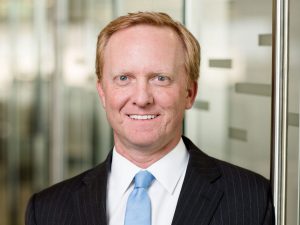

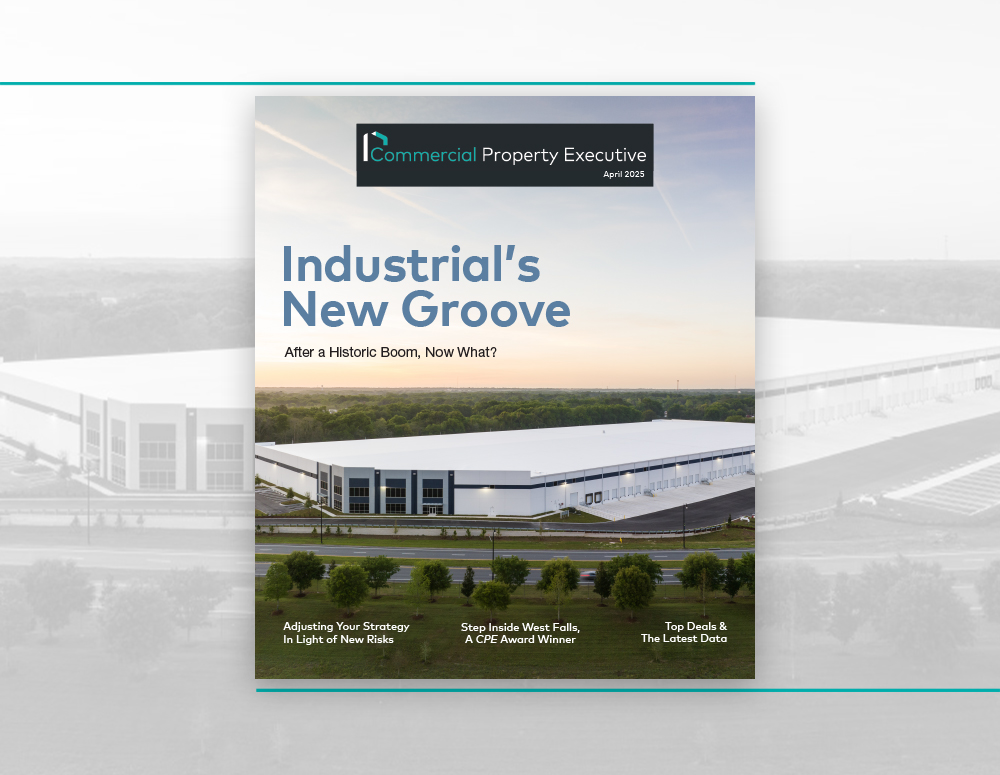
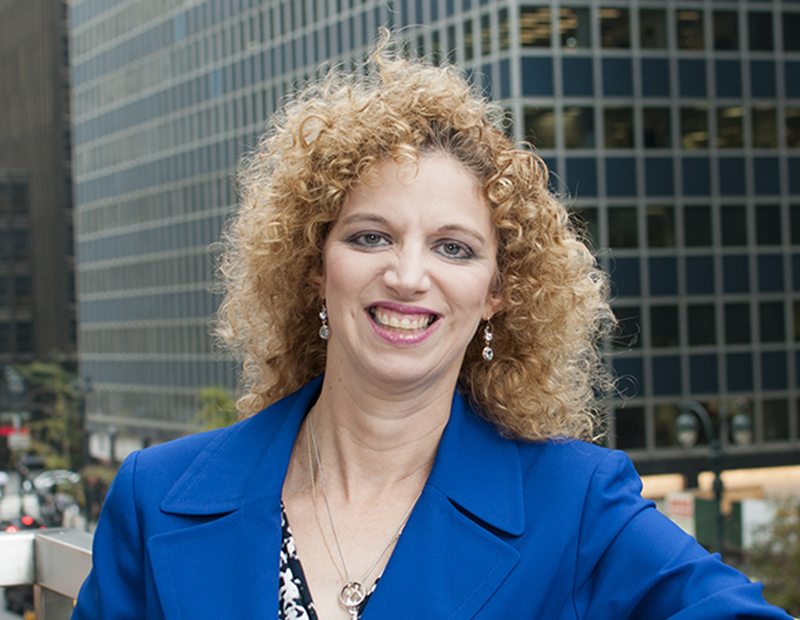
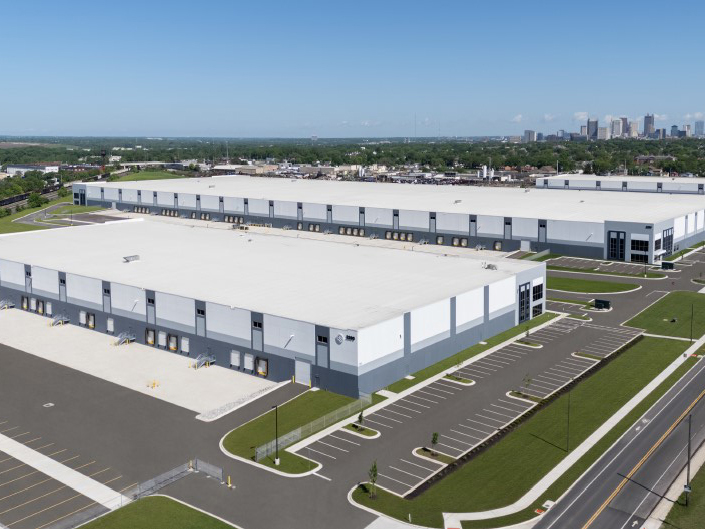


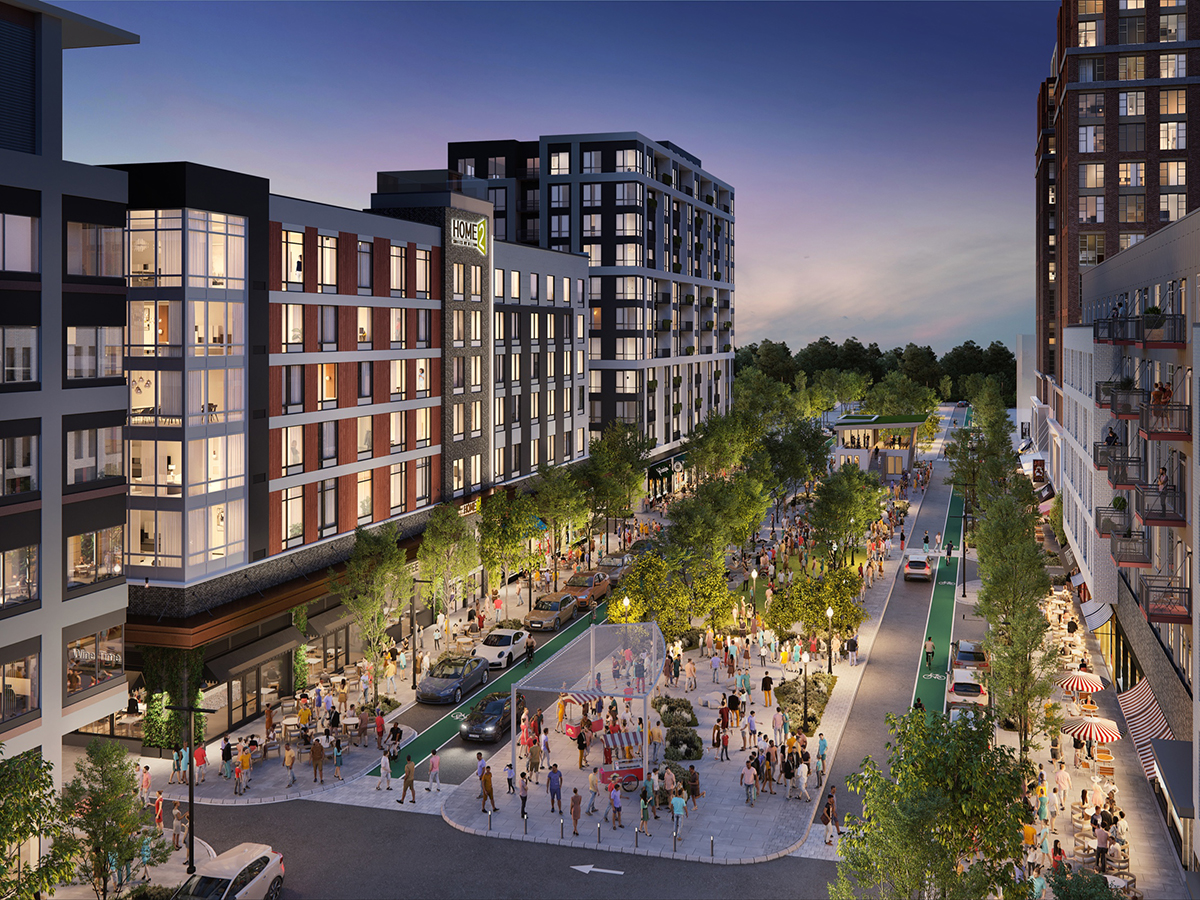
You must be logged in to post a comment.